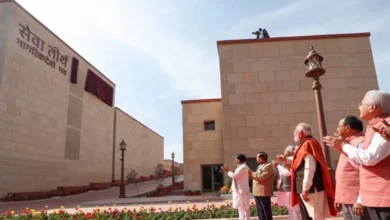
RBI Governor Shaktikanta Das: CBDCs Can Make Payments Across Borders Efficient
The Reserve Bank of India (RBI) Governor Shaktikanta Das has said that central bank digital currencies (CBDCs) can make payments across borders efficient. In a speech at the G20 TechSprint 2023, Das said that CBDCs can help to address the key challenges of cross-border payments, such as high cost, low speed, and limited access.
Das said that CBDCs can be settled instantly, which can make cross-border payments much faster. He also said that CBDCs can be transferred at a lower cost than traditional payment methods, such as wire transfers. Additionally, Das said that CBDCs can be more secure than traditional payment methods, as they can be protected by cryptography.
Das acknowledged that there are some challenges that need to be addressed before CBDCs can be widely adopted for cross-border payments. These challenges include:
- Interoperability: CBDCs from different countries need to be interoperable in order to be used for cross-border payments. This means that they need to be able to be exchanged and used in different countries.
- Regulation: CBDCs need to be regulated in order to ensure that they are used for legitimate purposes and do not pose a risk to financial stability.
- Acceptance: Businesses and individuals need to be willing to accept CBDCs for cross-border payments. This will require education and awareness about the benefits of CBDCs.
Despite these challenges, Das said that CBDCs have the potential to make payments across borders more efficient. He said that the RBI is exploring the possibility of issuing a CBDC and that it is working with other central banks to develop international standards for CBDCs.
Das’s comments reflect the growing interest in CBDCs as a way to make cross-border payments more efficient. A number of central banks around the world are exploring the possibility of issuing CBDCs, and some have already started pilot projects.
The widespread adoption of CBDCs for cross-border payments could have a significant impact on the global economy. It could make it easier and cheaper for businesses to trade with each other, and it could also help to reduce the cost of remittances. This could boost economic growth and development in many countries.
Only time will tell whether CBDCs will be widely adopted for cross-border payments. However, the potential benefits of CBDCs are significant, and the RBI Governor’s comments suggest that India is taking the issue seriously.




